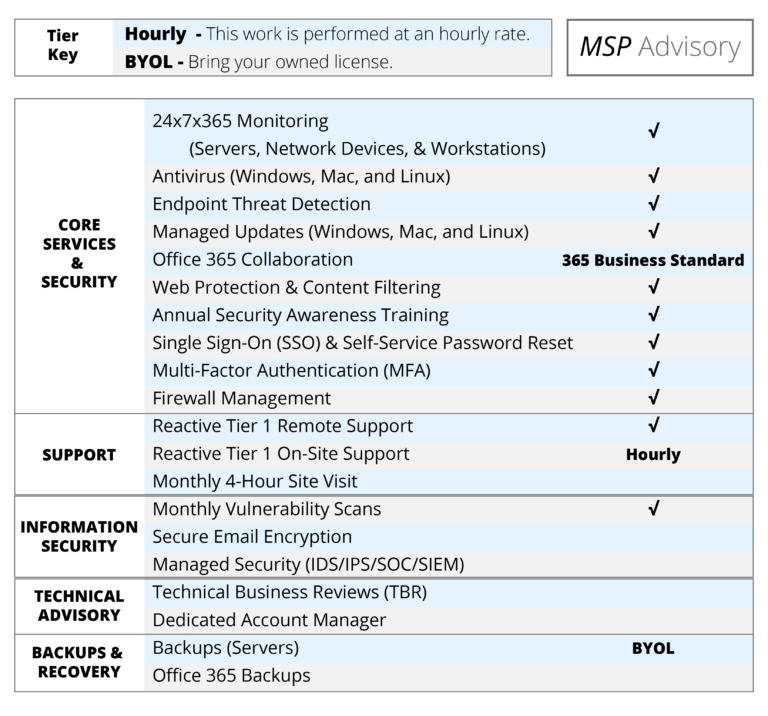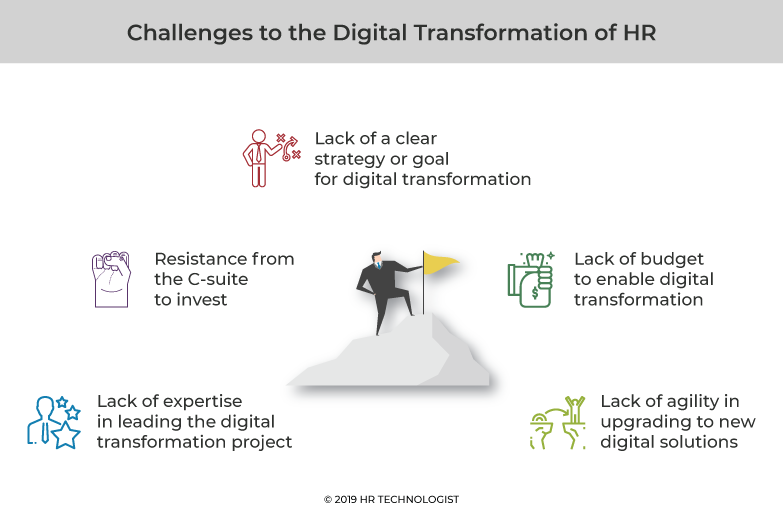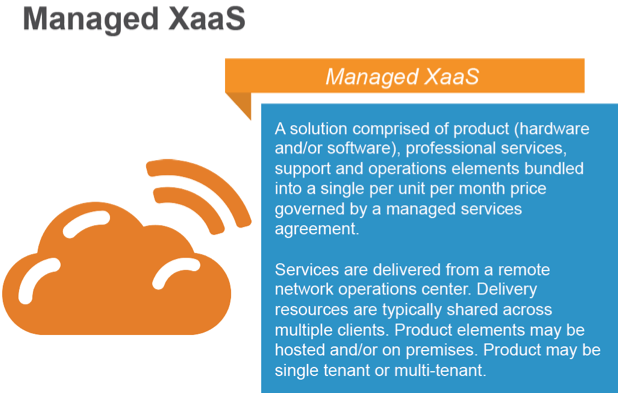Managed services are an ideal solution for small businesses that do not have the bandwidth to manage critical IT functions in-house. Before signing a contract, however, it is important to understand what managed services are, what benefits they offer, and what types of businesses can benefit most from them.
What are managed services?

With Managed Services you can outsource certain IT operations to a service provider known in technical parlance as a Managed Services Provider (MSP). The MSP assumes ongoing responsibility on your behalf for the monitoring, administration and / or problem solving of selected IT systems and functions. Read also : Aunalytics Unveils Secure Managed Services with Integrated Security.
Managed service providers can offer services such as alerting, security, patch management, data backup and recovery for various client devices: desktops, notebooks, servers, storage systems, networks and applications. By outsourcing routine infrastructure management to an experienced MSP, you can focus on running your business with fewer disruptions due to IT problems.
Managed service providers usually offer their services on a subscription basis. Depending on the services offered, the pricing is usually based on the number of devices, with different packages being offered at different price levels. Some provide on-site customer support when needed.
Basic services often start with a monitoring service that informs you of problems that you are responsible for correcting yourself. On the other end of the spectrum, service providers offer fully managed services that cover everything from alerting to problem resolution.
Typically, they will do an initial assessment of your current IT environment and management needs to help you decide which services and service levels you need.
Benefits of managed services

Just like larger businesses, small businesses need technology to work efficiently and to compete effectively. However, as dependency on IT grows, the resources to support an increasingly complex IT environment may no longer be needed. Read also : 6 Ways To Get The Most Out Of Your Managed IT Services. In many small companies, IT resources are scarce and the daily responsibility of keeping the IT infrastructure that the company depends on running can quickly become overwhelmed.
If you fall behind with things like backups, patches, and security, you run the risk of facing an IT outage or other issue that is detrimental to your business. For example, if your e-mail server, customer relationship management (CRM) system, accounting software, or network fails unexpectedly, you face significant losses in productivity and revenue.
MSPs act as an extension of your IT department and take care of the routine monitoring and management of the IT infrastructure around the clock. This allows your IT staff to focus on higher value projects. By proactively monitoring and maintaining your systems, an MSP provides the right infrastructure to support other business goals while helping you avoid many technology problems in the first place. Should a problem arise, a skilled MSP can more efficiently troubleshoot and fix it.
Unlike traditional outsourcing situations where you give up complete control of your IT resources, MSPs let you decide what the service provider should do and what you want to handle. You retain full insight into the process and management of your systems, which helps with risk management.
Who needs managed services?
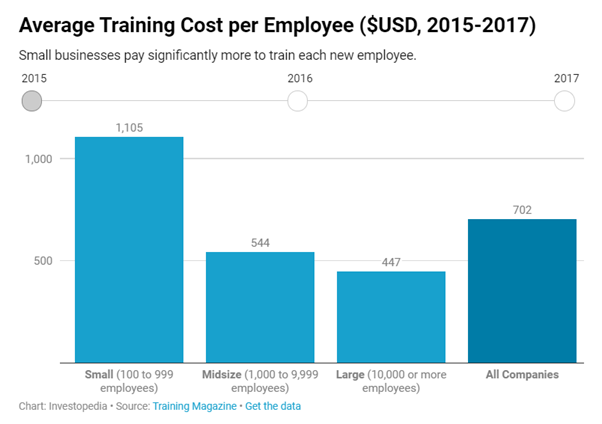
Small businesses that can benefit most from managed services are those that need more staff, expert guidance, or better cost control. To see also : How Managed Security Services Secure Your Organization. For example, very lean teams can use an MSP to fill in the gaps where they need additional support.
In addition, the services that an MSP offers specialize in different business needs. When most small business owners have to wear several different hats, having outside experts close by is invaluable in a time of crisis.
In addition, companies that want to scale quickly benefit from the flexibility that the managed services model offers. The MSP pricing structure is designed to help companies start small and cope with the challenges that come with the growth phase.
The MSP subscription model also allows for better predictability than a consultant-type time and billing model, so small businesses that prioritize cost control can forecast a more accurate budget.
How to choose an MSP

The right MSP will understand your company’s unique challenges. Perhaps you need a service for a specific function, such as patch management or disaster recovery, or one that covers a broader segment of IT needs, such as overall security. After you’ve assessed your business needs, look for an MSP that fits your budget as well as your short- and long-term goals.
Read Next: Small Business Case Study: Why Move To Cloud Computing?
This article was originally published on September 24, 2009. It was updated by Kaiti Norton.
Contract management refers to the business processes that manage the creation, implementation, and evaluation of contracts to maximize business performance and minimize risk. … companies practice contract lifecycle management in order to improve their performance and to know how to better achieve their goals.
Who are the top managed service providers?
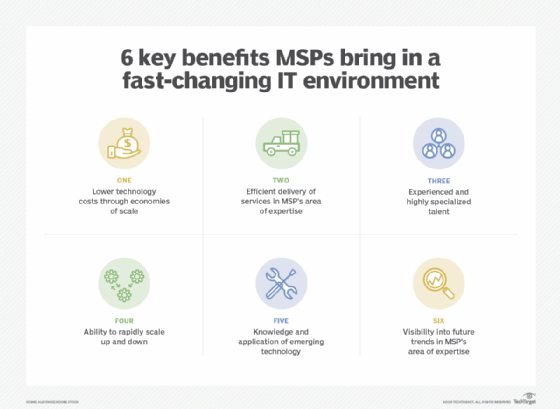
Largest provider of IT managed services
- IBM. IBM offers many managed services in the market. …
- Accent. Accenture is one of the largest and most well-known companies today. …
- Infosys. With 2017 sales of around $ 10 billion, Infosys is also a leading provider of managed services. …
- Smart.
What are managed service provider companies? A managed service provider (MSP) is a third party company that remotely manages a customer’s IT infrastructure and end-user systems. Small and medium-sized enterprises (SMBs), non-profit organizations and government agencies commission MSPs to provide a defined range of day-to-day administrative services.
Who are the best managed IT service providers?
| providers | Founded | Employee |
|---|---|---|
| Atera | 2004 | 51-200 employees |
| Gradually computer consultant | 1987 | 11-50 |
| Table of contents | 2001 | 501-1000 |
| GEM technologies | 2013 | 11-50 |
Are managed IT services worth IT?
So yes. If you’re a small business or start-up, have 25 or more employees, and you can’t keep up with all of these tech support needs, managed IT services are definitely worth your while. Or at least worth a free consultation (because most IT providers offer this).
What is an example of a managed service provider?
Examples of Managed Service Providers According to Grand View Research, the major players in the managed services market include Accenture, Fujitsu, IBM, Cisco Systems, Ericsson, Lenovo, DXC and Hewlett Packard Enterprise Development.
What is an example of MSP?
Two examples of MSP offerings are technical support fix services and subscription services. … Pure Play MSPs focus specifically on a provider or technology and more often offer their own native services. MSPs also focus on providing specialized software platforms that manage functions automatically.
Why is MSP important?
MSPs provide essential services that can help small businesses survive in a highly competitive market, reduce costs, and influence overall economic growth. MSP’s specialized tools are the backbone of their service offering, which is why choosing the right software is so important.
What is MSP, what are its advantages? The MSP was introduced to provide incentives for farmers in Punjab and Haryana to grow wheat and rice and thereby secure a profitable income for them. … MSP covers a wide variety of costs, including sowing (A2) to labor (FL). The prices are announced before each harvest cycle, i.e. twice a year, during the harvest time of Rabi and Kharif.
What is MSP and why is it important?
The Minimum Support Price (MSP) is a fixed price paid by the Government of India to farmers when they procure a specific crop. It is set before sowing to encourage greater investment and production of agricultural commodities. It should be noted that MSP cannot be changed in any given situation.
What is MSP and how does it work?
What is MSP | The MSP is a minimum price guarantee that farmers use as a safety net or insurance when selling certain crops. These crops are procured to farmers by government agencies at a promised price, and the MSP cannot be changed in any particular situation.
What is MSP and why is it important Upsc?
The MSP is the rate at which the government buys grain from farmers and is based on a calculation of at least one and a half times the cost of production farmers incur. MSP is a “minimum price” for any harvest that the government believes is worthwhile for farmers and therefore deserves “support”.
What is managed services in the IT industry?
Managed IT service providers act as technology consultants for their customers in the area of IT implementation and not as pure on-demand service providers. A managed service provider usually offers a pay-per-use pricing model in which customers are billed based on the services provided.
What is a managed service provider in IT? A Managed Service Provider (MSP) provides services such as network, application, infrastructure and security through ongoing and regular support and active administration at the customer’s site, in the data center of his MSP (hosting) or in a data center of a third party.
Why you should use an MSP?
An MSP can save you money and maximize resources by providing a high level of IT support. This not only gives you access to a pool of experts and lower recruiting costs, but also allows you to budget better. Paying a monthly fee is more budget friendly than unforeseen costs associated with cyber disasters.
Why do you need a managed service provider? An MSP proactively monitors and maintains your systems to help you avoid problems and downtime. Outsourcing your IT is not comparable to outsourcing other services, as you remain in control. You decide what your provider should do and what you want to do yourself.
What is a benefit of using a service provider?
Manageable monthly costs From a cost perspective, one continuous advantage of the partnership with a managed service provider is the lower labor costs due to the elimination of the hiring and training of new IT staff.
What is the use of a service provider?
A service provider is a provider who provides IT solutions and / or services to end users and organizations. This broad term includes all IT companies that offer products and solutions in the form of on-demand, pay-per-use or hybrid delivery models.
Why should I work with an MSP?
MSPs provide the outsourced services so they are less likely to downsize. Help customers. Internal IT teams are sometimes taken for granted. When you work for an MSP, you can help companies solve their IT problems and improve their business processes.
Why should I hire an MSP?
Lower costs, higher reliability: SMBs can find it unaffordable to manage their technologies themselves. … Preventive Indication Timely Maintenance: Hiring an MSP to monitor (real-time) and manage technology systems ensures that an SMB has identified and fixed problems before they can cause major problems.
Why does a business need an MSP?
MSPs protect your company from security threats and cyber attacks. They also often offer data backup services in the cloud or off-site so that your data is available to you even in the event of a disaster. … The type of managed IT service provider you choose depends on your current and future business needs.
Why do we need managed services?
The need to keep the entire IT infrastructure efficient and reliable is an important reason for managed IT services. Companies benefit financially from working with a managed IT service provider. It’s a significant cost saving. It helps control outgoing expenses and increase the return on investment.
Why are managed services important? Managed services can help you expand or update systems as needed, without having to hire and train employees who you may not need later. MSPs help your company remain flexible about resources and can handle rapid changes that an internal team may not be able to respond to efficiently.

